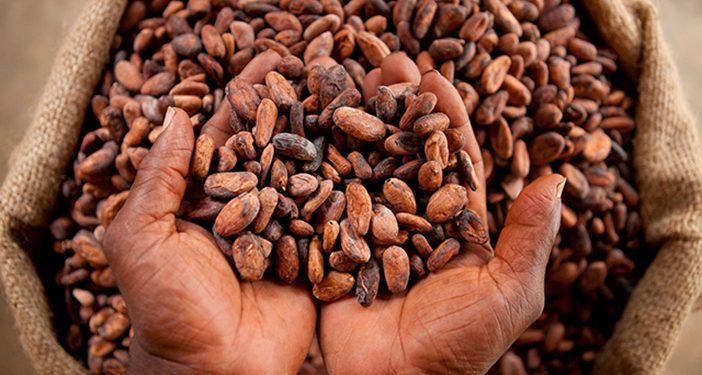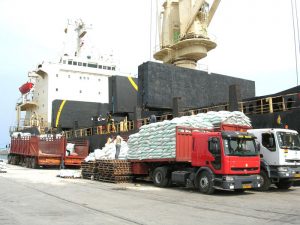The Dutch Government has given assurance of its commitment to support sustainable cocoa production in Ghana as the biggest importer of the country’s cocoa beans.
Ms. Wieneke Vullings, Leader of a Delegation from the Dutch Ministry of Foreign Affairs said it was important for the Netherlands to contribute to the sustainable production of cocoa in the country as one of the huge beneficiaries of the industry.
“Many of the cocoa produced here come to the Netherlands and we want to make sure that the cocoa beans are produced in a sustainable way,” she told the media after a visit to a cocoa farm and other project sites funded by the Dutch Government at Dunkwa-On-Offin in the Central Region.
The delegation is in the country to learn at firsthand the realities of cocoa production and how the implementation of the Cocoa Rehabilitation and Intensification Programme (CORIP II) is impacting the lives of beneficiaries as well as the cocoa sector.
Funded by the Dutch Government, CORIP II which was implemented by Solidaridad West Africa is a four-year project that sought to provide economic, social and environmentally sustainable support for farmers to address institutional challenges in the cocoa supply chain.
Following the successful implementation of CORIP I between 2013 and 2017, the programme was extended for four more years under CORIP II, having made a significant impact.
Accompanied by officials of Solidaridad, the Dutch delegation paid a courtesy call on the Municipal Chief Executive for Upper Denkyira East, Mr Ebenezer Forson Appiah and the Regional Manager of Cocoa Health and Extension Division (CHED) of COCOBOD, Mr Samuel Asare Ankamah.
They then interacted with Women in Cocoa Cooperative (Cocoa Mmaa), a group that mobilizes over 600 women, cocoa farmers, at a Rural Service Centre (RSC) established with the support of Solidaridad under CORIP II.
As part of the programme, CORIP has facilitated access to GHS 167,000 in concessional financing in working capital and purchase of mechanised tools.
The women have also been supported to set up Village Savings and Loans Associations (VSLAs) to enhance access to microcredit and support each other as a group.
The delegation also visited rain-fed and irrigated cocoa farms at Bebianiha and Asikuma to assess their performance in terms of yields during the harsh climatic conditions.
Ms Vullings said the visit was to see firsthand the factors militating cocoa production from the source as well as the difficulties farmers faced to inform them what kind of interventions to pursue, going forward.
“I am really impressed about the collective empowerment of the women and the strength that they show in doing these themselves as a group,” she commended the women cocoa farmers.
She applauded Solidaridad for setting up the RSCs and other initiatives that were transforming the lives of cocoa farmers, especially women.






